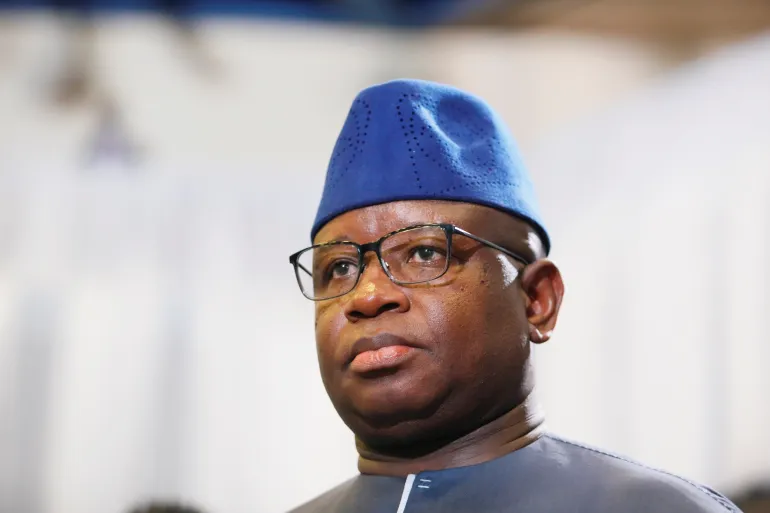Sierra Leone’s capital, Freetown, witnessed escalating tension on Wednesday as security forces clashed with protestors advocating for the country’s main opposition party, the All People’s Congress (APC). Tear gas was deployed by authorities, inciting a hail of stones and rocks from the protestors, as observed by three AFP journalists on the ground.
In anticipation of the forthcoming general elections this Saturday, the APC had prompted nationwide protests that were intended to be “peaceful”. The party’s discontent centres around what it describes as “unresolved issues” and “discrepancies in the electoral process”.
The focal point of the protest was the APC’s headquarters in Freetown, where approximately 100 protestors had gathered by 10:30 am (1030 GMT). Security forces, which included both police and military personnel, launched tear gas to disperse the crowd. There were also alarming videos circulated on social media allegedly showing at least one individual shot by live rounds.
At a press conference later that day, Braima Jah, director of operations at the Sierra Leone Police, denied that any shots had been fired by the security forces. He claimed that five shots, “two from a pistol and three from an AK-47”, had been fired from the direction of the APC headquarters by former combatants. A total of 66 people were reportedly arrested.
For weeks, the APC has accused the Electoral Commission of Sierra Leone (ECSL) of demonstrating bias towards the ruling party, fuelling speculation that the APC is considering a court challenge. This tactic has been used previously by both parties.
Samura Kamara, the APC’s presidential candidate, outlined a series of demands in a speech last week, with a 72-hour deadline for response and threats of nationwide protests if not met. Moreover, the APC has alleged that its supporters have recently been attacked whilst campaigning in rural areas.
The Office of National Security confirmed in a statement on Wednesday that an opposition party office in Bo city, a stronghold for the ruling party, had been torched earlier in the week. The office voiced concerns about the surge in violence, which threatens to destabilise the upcoming elections.
Ambassadors from the EU, United States, Ireland, and Germany, the British High Commissioner, and French charge d’affaires expressed their apprehension in a joint statement about “reports of election-related violence and aggression”.
Unfortunately, low-level political violence and the employment of hired thugs, comprising gang members or former combatants, are commonplace in Sierra Leonean election campaigns. Riots last August led to at least 27 civilian and six police officer fatalities.
The protesters are calling for a more transparent voter register amidst their claims of the ECSL and its chairman, Mohamed Konneh, favouring the ruling party. Thirteen candidates are contesting for the presidency, but the main competitors are likely to be incumbent President Julius Maada Bio, vying for a second term, and Samura Kamara, head of the APC.
The victor will need to secure 55% of the votes to win outright in the first round, or a runoff will be held within two weeks.
Over three million people are eligible to vote in the upcoming election, marking the fifth presidential election since the conclusion of a devastating 11-year civil war more than two decades ago, which inflicted tens of thousands of casualties and decimated the country’s economy.
Since the war, Sierra Leone has successfully carried out two peaceful transfers of power between the ruling and opposition parties.
Image Credit: Afolabi Sotunde/Reuters





